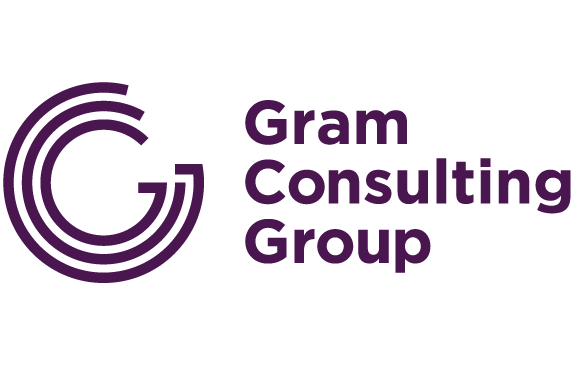
21 Feb How to Ensure Team Goals Are Met
It’s estimated that 50% of the goals we set as individuals are NOT met……..so it begs the question is this also true for team goals?
I work with teams every single week and this is Gram’s area of expertise.
The teams we work with are comprised of diverse individuals, are located across the world and regions, they are from different work and social cultures, they work in different industries and have vastly different measures of success.
What they do have in common is that they need to get clarity and connection on the why, how and what as a team. Everyone agrees that this is not just important, it is essential work for a team to get right .
Without exception when working with teams we see great work and enormous potential being created and by the end of the one or two days together we have the connection, the commitments and the clarity on our goals, purpose and ambition and everyone has a plan on how to move forward successfully.
So why do some teams, like some individuals, only follow through with these goals 50% of the time?
In my experience this “lack of execution” is the greatest fear team members have about actually being together at team days and setting mutual goals!
We see and feel this dissonance often! It seems it is less stressful to fail alone than together.
So how do we avoid this?
How do teams make sure that the time spent together connecting, gaining clarity, setting ambitions and goals and then action steps are actually followed through?
Here are a few tips and thought starters from the team at Gram and of course we’d love to hear your helpful tips to making sure team day goals and actions are implemented:
- Be aware: Knowing there is a risk of lack of follow through allows the team to discuss measures and safety checks to ensure actions are achieved.
- Be accountable and BE SPECIFIC: We rarely allow a team to write “ALL” or “EVERYONE” next to an action. Even if the action does require the whole team to be responsible, one person must hold the collective accountable to follow through. It doesn’t matter how simple it seems. Behaviour change requires new habits and regular reminders!
- Schedule it: If for example, the team commitment is to peer to peer coach more, then to make sure it happens, we recommend scheduling it into a meeting or already existing team time. Creating 20 minutes at the end of the team meeting for coaching means everyone is present, prepared and then new habits form.
Please let us know if we can help you with any team effectiveness requirements.
We consult, coach, facilitate and speak. We help create meaningful and relevant change and insights for individuals, teams and organisations. We focus on culture, relationships, values, mindset, attitudes, behaviours, skills, frameworks and systems.
“Some facilitators design once and then press ‘repeat’. Gram Consulting Group is the opposite. With a wealth of IP, and a really current understanding of best (and possible) practice, they design interventions to meet changing needs and opportunities. Even the most cynical are quickly engaged and full of praise for the results achieved.”


